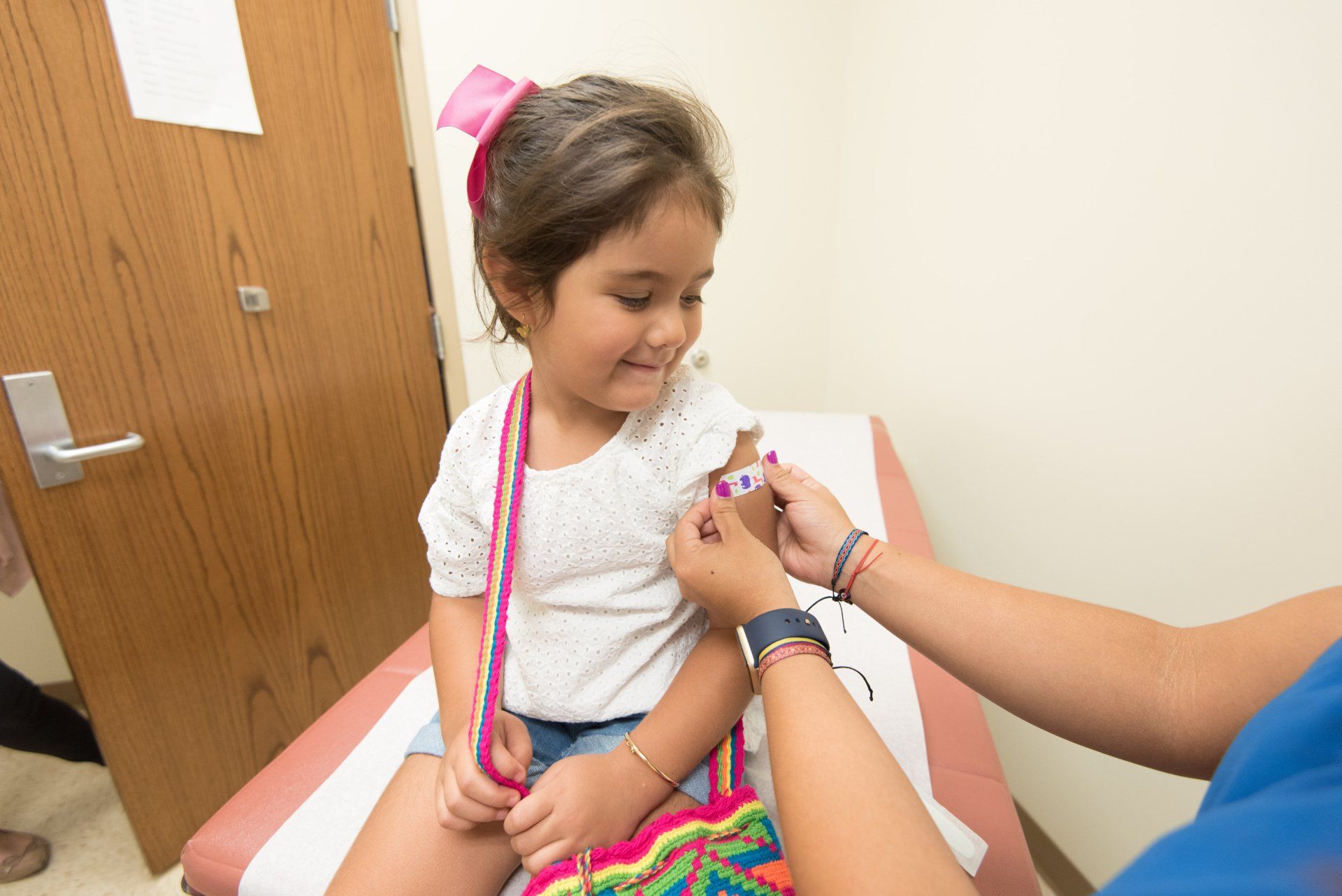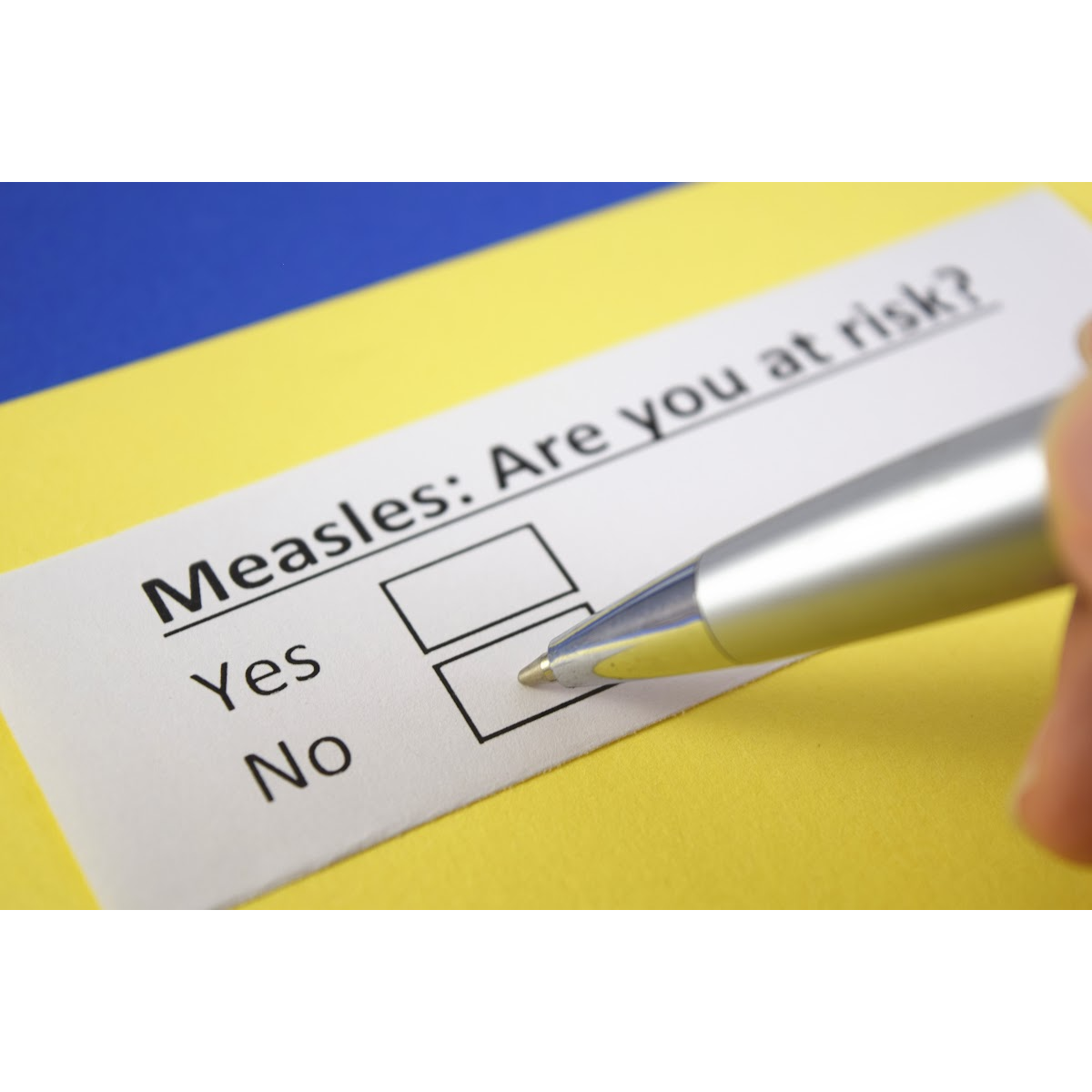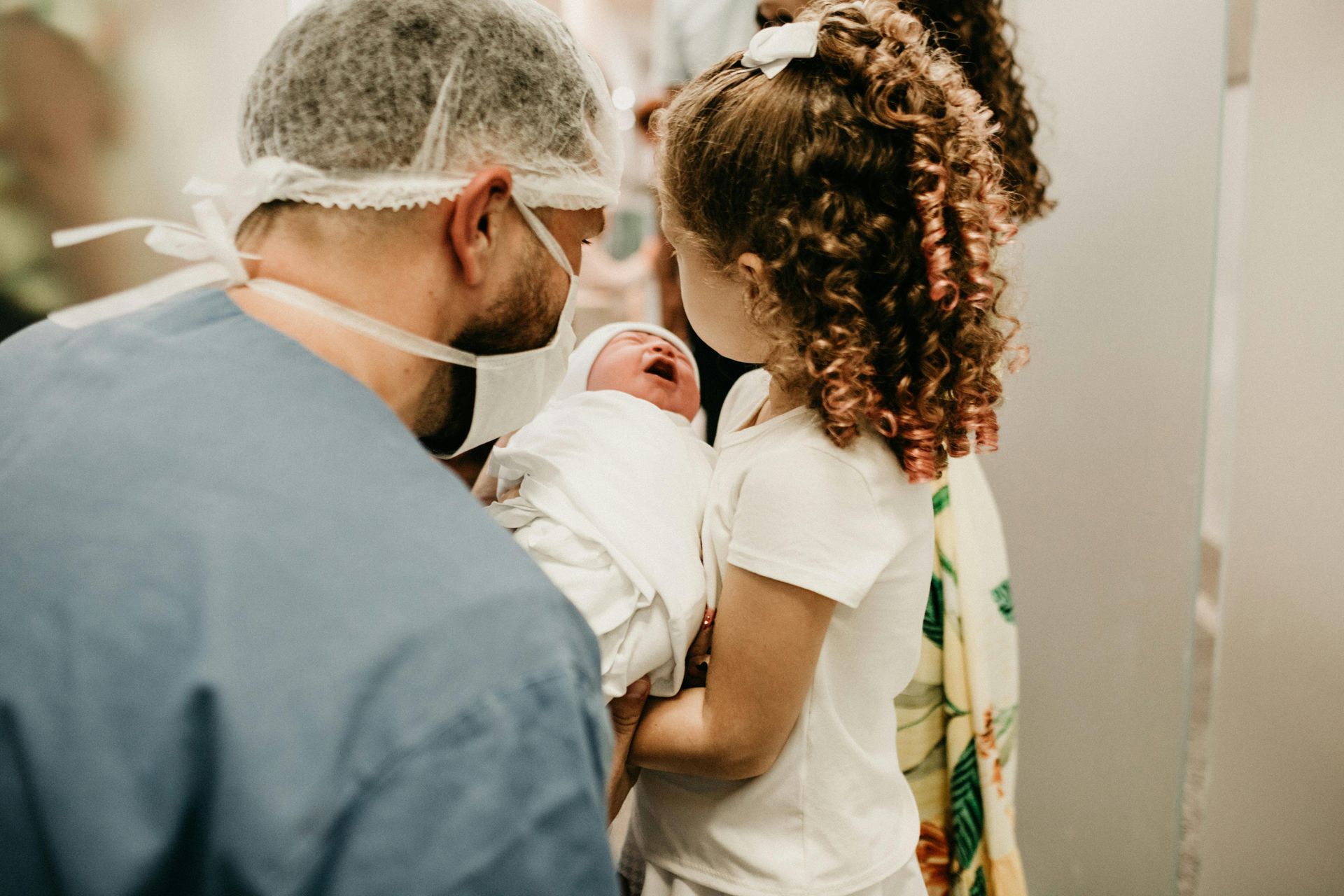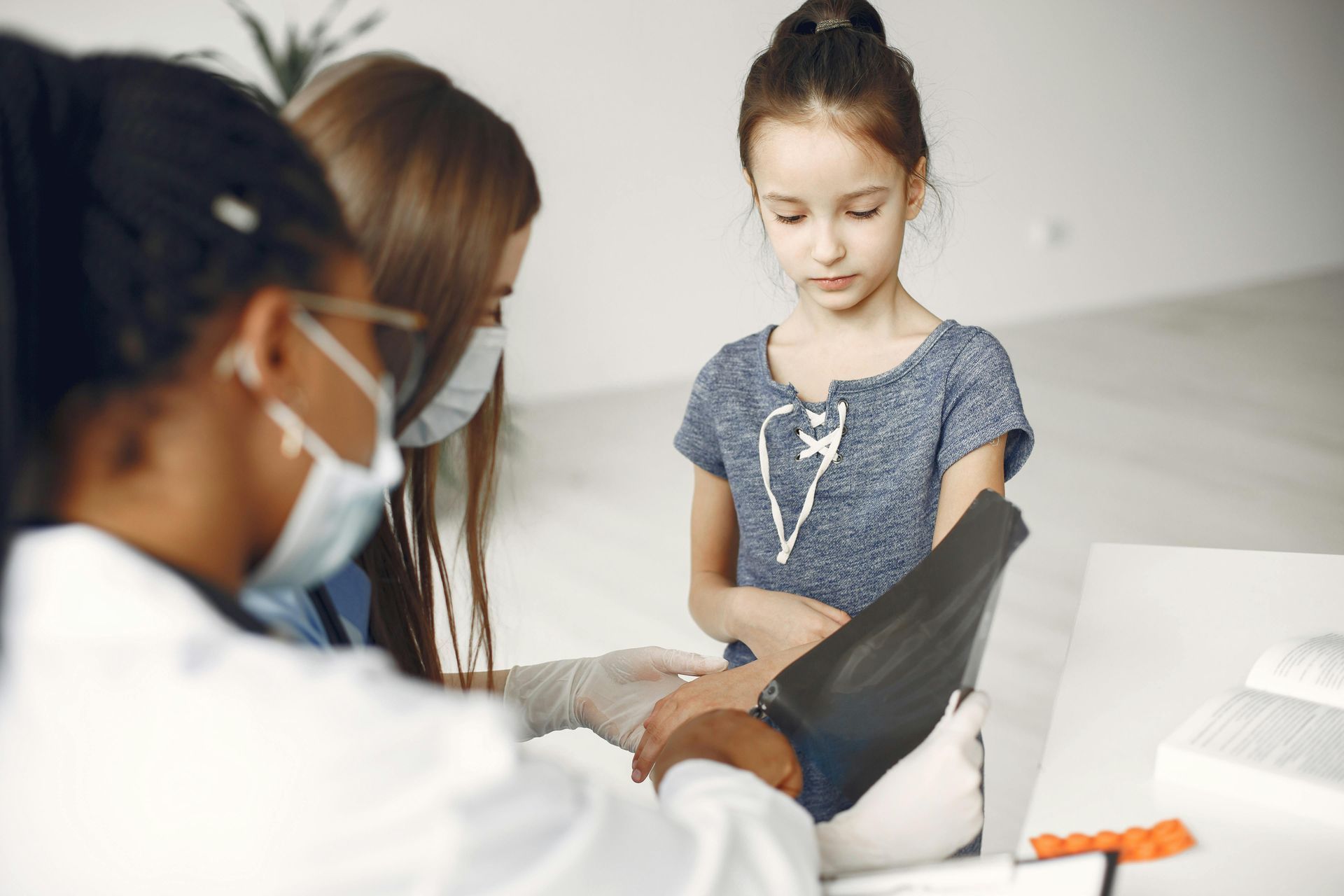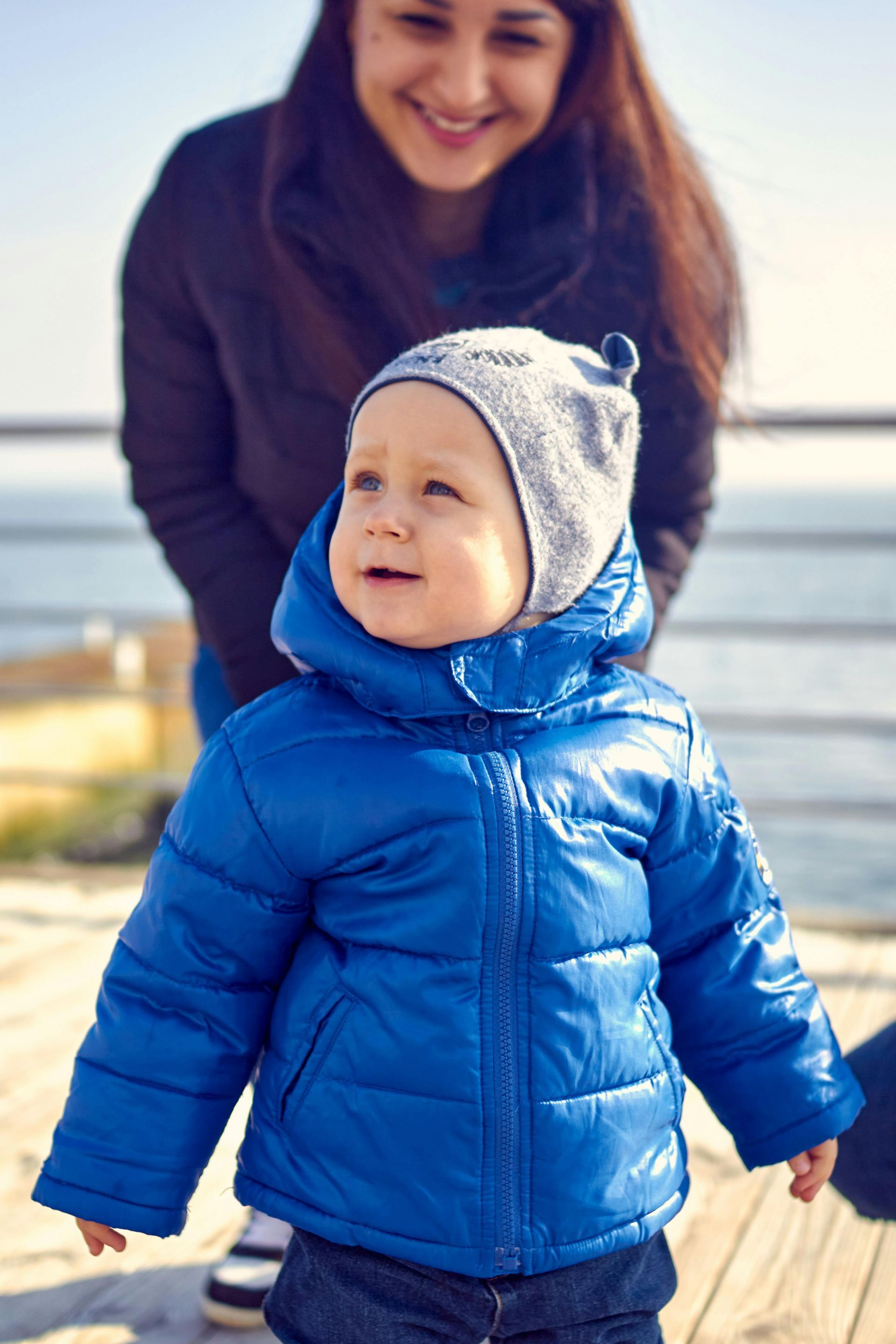Keepin' It Cool
Surviving the Spokane summer heat

During a heat wave, protecting your child from heat illness is important. Here at Centennial Pediatrics, we have a few tips on how to keep your child cool during the summer!
- Hydrate, hydrate, HYDRATE!! Ensure that your child drinks plenty of water to avoid dehydration. If your child is stubborn or forgets to drink water often, you can buy a fun water bottle, set reminders for water breaks, or even make fruit-infused ice cubes or popsicles to encourage your child to stay hydrated. Consuming fruits and vegetables with a high water content, like watermelon, cucumber, and berries, can be a fun summer treat.
- Infants can be given additional breast milk or formula in a bottle during hot days, but they should NOT be given water in the first six months of life.
- Close your blinds and curtains during the hottest part of the day, and use an air conditioner or fans to keep your home cool. If you notice that your home cannot stay cool, our local libraries, like the Spokane Public Library, have air conditioning and can also be a fun outing for your kids to find fun new books!
- Visiting our local pools, lakes, or splash pads can be a fun activity that keeps your child cool. Make sure to supervise your children, always practice water safety, and wear sunscreen.
- A cool shower or bath can help cool your child off. If you don’t want to go through the ordeal of bath time, chilling the pulse points on their wrists, back of the neck, hands, tops of feet, inner ankle bones, and inner thighs with an ice pack or ice cubes in a towel can help speed up the cooling process.
- NEVER leave your child in the car alone, especially during hot weather. Within minutes, a young child can start to exhibit symptoms of life-threatening heatstroke. A child’s body temperature rises 3–5 times faster than an adult’s.
Make sure to watch your child for signs of heat illness. Call us immediately if your child develops any of the following symptoms due to the heat: headache, fever, nausea, vomiting, extreme tiredness, increased thirst or sweating, not urinating for many hours, muscle cramps or spasms, skin numbness, or cool, clammy skin despite the heat. In infants, watch for concerning symptoms such as restlessness, rapid breathing, lethargy, irritability, and vomiting.
If you have any questions about protecting your child during extreme heat waves, don’t hesitate to call us!
--Blog post written by Maggie Rietze, Centennial Pediatrics of Spokane Summer Intern Extraordinaire
